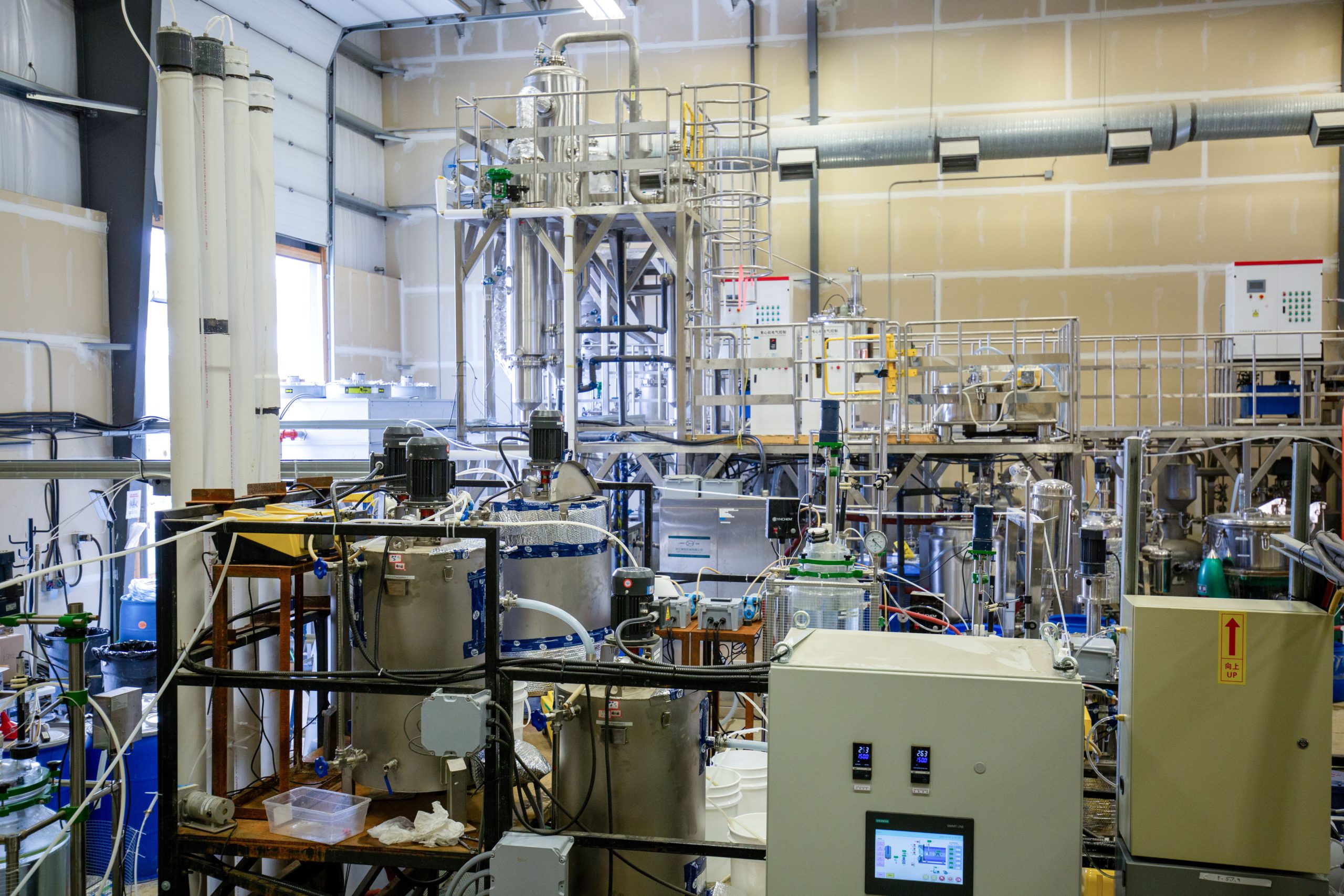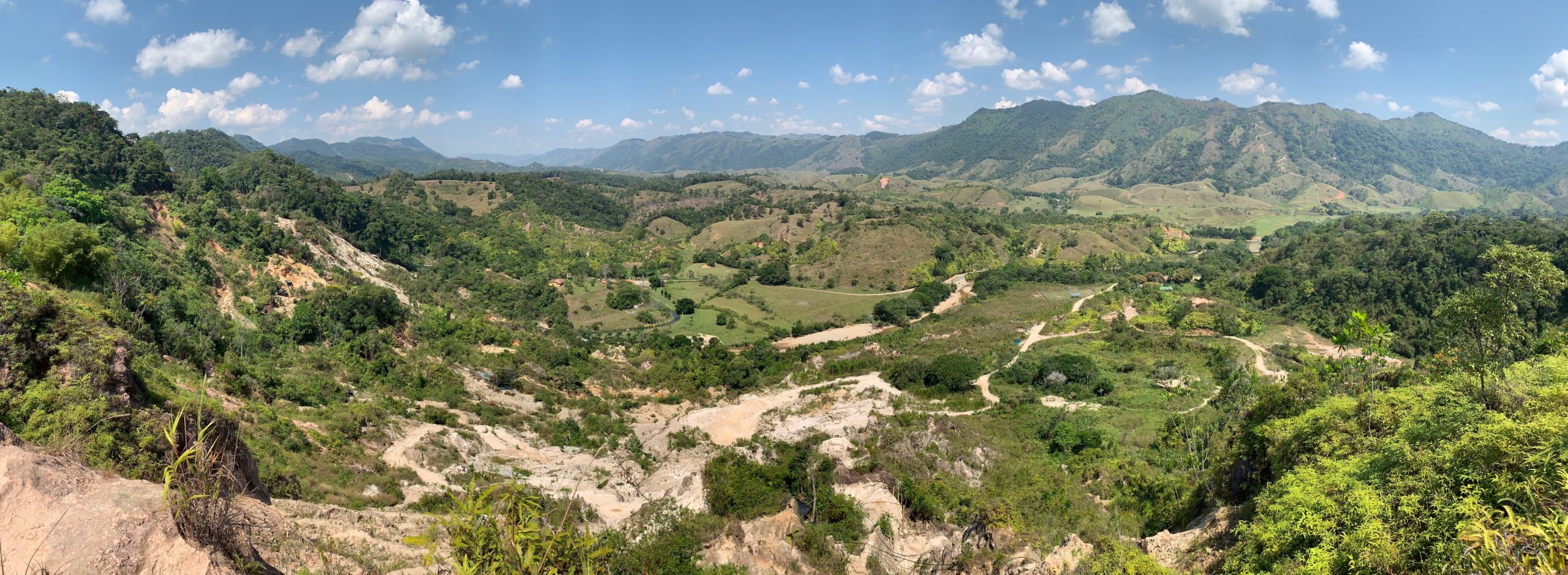NUNAVUT – Northern College and the Hamlet of Arviat are celebrating the successful graduation of the first Arviat Welding Trade Readiness trainees. The program was delivered through a partnership between the college and the hamlet, with support from Kivalliq Mine Training Society, Agnico Eagle Mines, and Kivalliq Partners in Development.
The Welding Trade Readiness program was designed to prepare students for work in Nunavut’s construction and mining industries. It was developed in direct response to the demand for welding helpers for a variety of projects scheduled to start in the territory over the course of the next year, including Agnico Eagle’s Meliadine gold project.
“Modern industry is looking for workers with the sort of high skills education and training available at Northern College,” said Fred Gibbons, president of Northern College. “By creating a pathway for the people of Arviat to access the high quality training we deliver, we’re helping the community, its people, and local industry thrive.”
The students were guided by Northern College instructor Bruce Fournier. As part of their training, the seven students fabricated a fish and seal cleaning station, which will serve as both a donation to the community and as the students’ final project.
“The Hamlet of Arviat’s Community Economic Development Plan is heavily focused on targeted training for mining and construction industry jobs,” said Keith Collier, the community economic development officer for the hamlet. “We also recognize that many Arviammiut still rely heavily on traditional hunting to support their families. While the Welding Trade Readiness Program will open doors for the seven graduates, their major project is also a great contribution to the traditional economy of the community.”





Comments